The Pros and Cons of Shop Floor Automation
Automation and manufacturing can seem like a great pairing, which has been around for well over three decades, thanks in part to the rise of the computer and related computing technologies, like robotics. While there are several advantages of automating a shop floor, there are some key considerations and reasons why certain tasks, like working with a press brake or plate roll, are better performed by human beings.
If you are considering updating your production environment, we invite you to review the following pros and cons to help determine the most appropriate investment of your resources.
Shop Floor Automation Pros
· Improved Quality Control and Product Accuracy – Machines can perform precision work and increase overall quality.
· Reduced Materials Waste – Automation helps reduce waste and associated costs.
· Improved Production Times and Output – You are able to generate higher volumes in a shorter period of time.
· Easy to Repeat Processes Numerous Times – Machines are able to replicate processes for an endless amount of time and deliver the same quality.
· Better Safety – Machine can perform more dangerous tasks and reduce risks to employees.
· Reduces the Number of Employees Needed – You need fewer employees to perform the same tasks.
· Reduction in Production Costs – Total materials costs are reduced with automation.
· Frees Up Employees to Work on Other Vital Tasks – You can have employees work on more detailed work machines cannot duplicate or on other such tasks.
Shop Floor Automation Cons
Just like there are advantages to automating certain processes on your shop floor, there are also disadvantages, depending on the size of your operation and available resources, as follows:
1. Automating your shop floor could require a large initial upfront investment to purchase machines and equipment. In some cases, there are other options that can help lower the amount needed upfront, such as exploring leasing options or taking out a loan and making smaller monthly payments. Just remember, with leases and loans, the total cost of ownership will be more, in the long run, due to interest payments.
2. Machines are limited in the types of tasks they can perform. With human employees, you can have them perform multiple and different types of work, as needed. In addition, certain processes could require more versatility than the machine is capable of performing.
3. You could increase your carbon footprint. Some types of machines translate to using more energy and generating more pollution than using human workers. If you are concerned about your impact on the environment, spend some time researching and asking questions about how the new machine would impact your business’s carbon footprint.
4. The total costs to purchase a new piece of equipment could cost more than you budgeted. You may have to pay to have your employees trained to use and operate the machine. There are maintenance costs associated with each piece of machinery you purchase. Furthermore, you have to also include the costs to automate your shop floor and update your production costs.
As you can see, there are pros and cons for automating your shop floor. For more information about equipment and machinery for automation and precision work output, please feel free to contact Quantum Machinery at (909) 476-8007 today!


